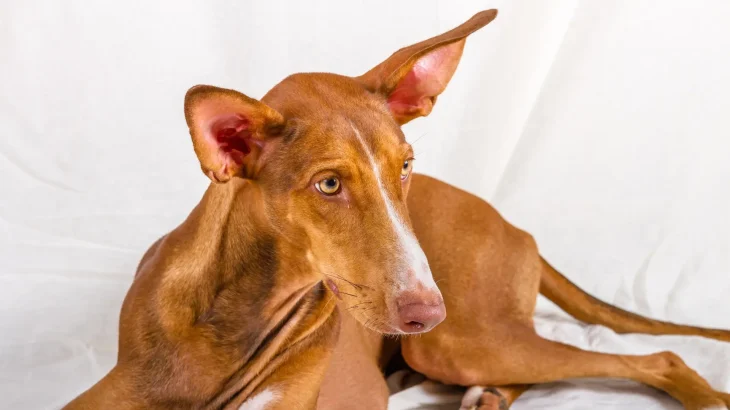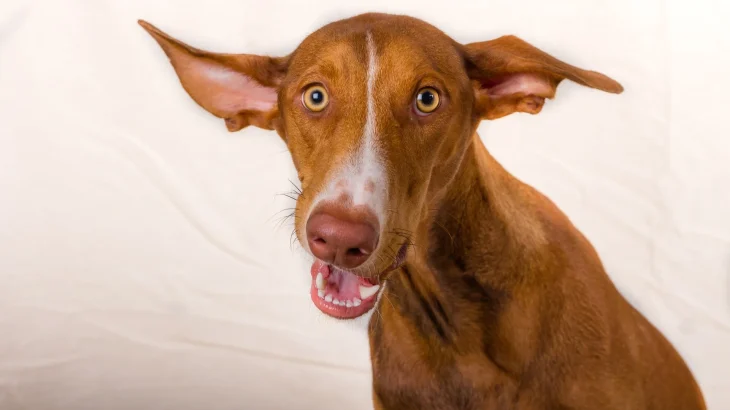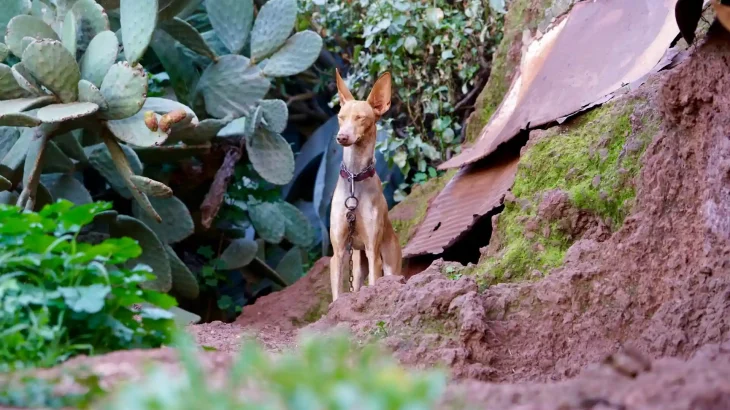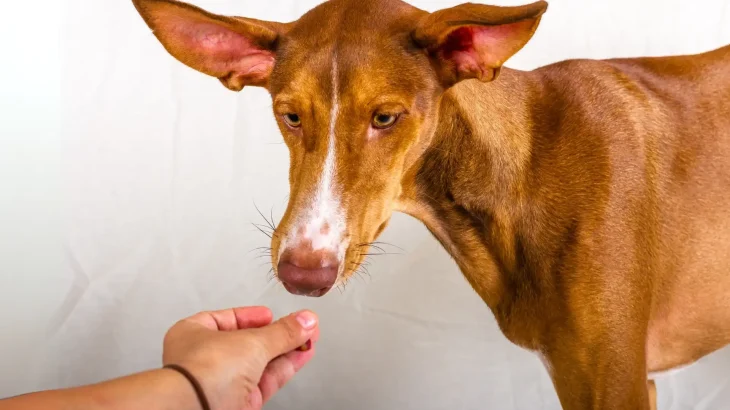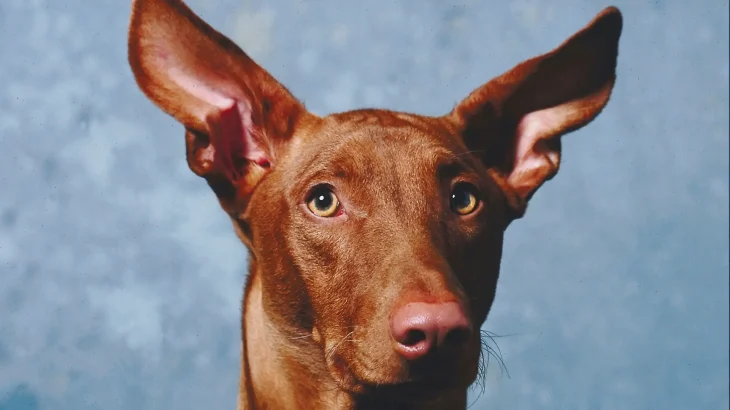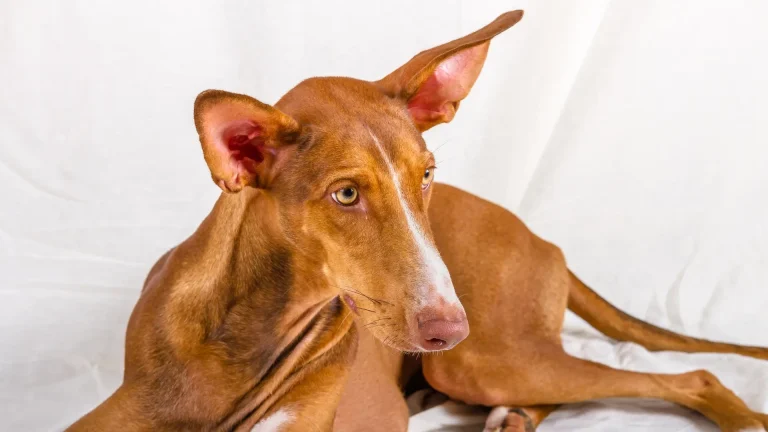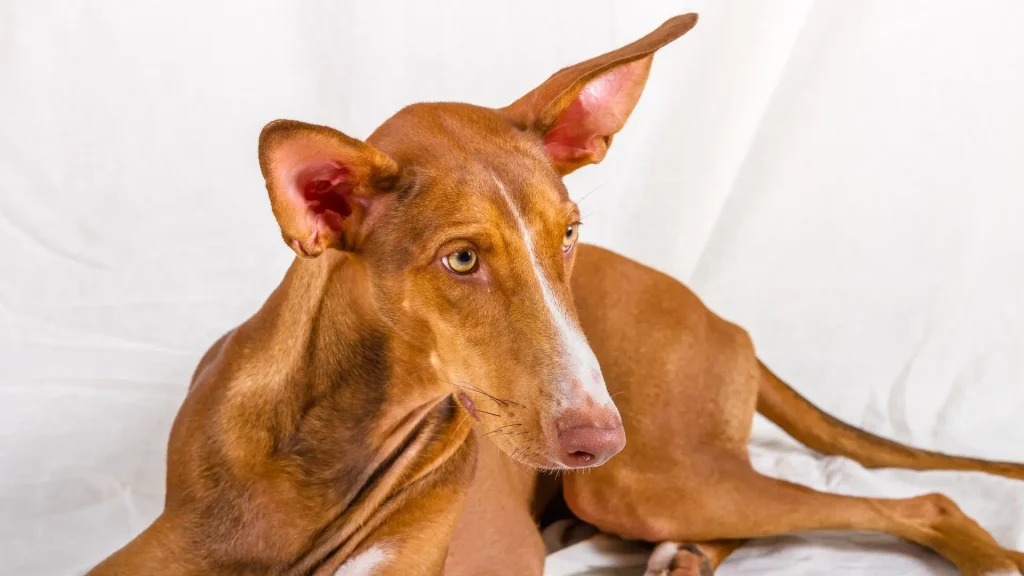When deciding to bring a Canarian Warren Hound into your home, the choice between adopting or purchasing hinges on your priorities regarding health transparency and ethical considerations. Purchasing from a breeder often ensures documented lineage and health history, whereas adopting provides a chance to rescue a dog in need but with less certainty about background.
Adoption vs. Breeder: Pros & Cons
| Criteria | Buying from Breeder | Adopting from Shelter/Rescue |
|---|---|---|
| Cost | Typically higher cost reflecting purebred status and breeder investments. | Generally lower fees; often includes vaccinations and spaying/neutering. |
| Health History | Detailed health records and genetic screening usually available. | Health details might be limited, though basic vet checks are often done. |
| Age Availability | Primarily puppies, allowing early bonding and training. | Varied ages available, offering options for those open to older dogs. |
| Temperament Insight | Breeders can provide insights based on lineage and parent dogs. | Temperament observed by shelter staff but may lack long-term background. |
| Supporting Practices | Supports preservation of breed; ensure breeder follows ethical standards. | Provides a home to dogs that might otherwise face euthanasia or long shelter stays. |
| Ethical Considerations | Dependent on breeder reputation—ethical breeders focus on health and welfare. | Promotes animal welfare by reducing shelter populations and encouraging rescue. |

